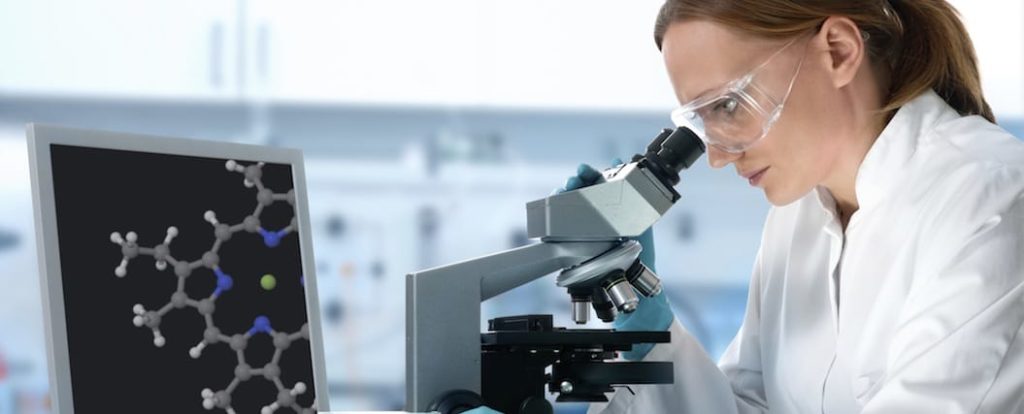It’s been said that if you practice a behavior for 30 days you can develop a new habit, good or bad. In that case, a habit is an intentionally learned behavior. Is that what happens in drug addiction? Do users intentionally use repeatedly and for long enough to form a bad habit? An animal study suggests that drug addiction may have different roots, and antibiotic therapy could help derail addictive habits.
Two Ideas About the Cause of Drug Habits
Quite apart from the psychosocial underpinnings of drug use, there are two prevailing hypotheses about what actually drives drug addiction:
- The effects of drug use are so highly valued by those who use them that users are willing to continue using and seek out the drug.
- Drug use becomes a habit. The person who uses is almost incapable of cessation because of the power of the behavioral habit.
The Australian study concluded that use of cocaine increases a person’s propensity for habit formation, and not only in terms of drug use. Commenting on the study, Dr. Laura Corbit from the University of Sydney’s School of Psychology says that giving cocaine users an antioxidant like N-acetylcysteine (NAC) can actually prevent the enhanced habit learning which feeds drug addiction. For their research, scientists treated some rats with cocaine and left others untreated to act as a control group. It was observed that rats that had been treated with cocaine were quick to form habits, while the untreated control rats stayed flexible and did not demonstrate habituation. When the researchers examined the rats they found that cocaine had not impacted the habit-forming regions of the brain, but instead had caused alterations in the regions associated with flexible decision-making. It was concluded that the diminished ability to make new and changing decisions is what actually promotes drug habit formation. Investigators next created a third group. Some rats were given the antioxidant NAC concurrent with the administration of cocaine. So there were control rats with no cocaine, rats exposed to cocaine and rats given cocaine and NAC at the same time. Upon examination it was found that the rats who had received NAC along with cocaine exhibited a remarkable difference. Unlike the cocaine-only exposed rats, these brains appeared identical to the drug-free rats. There was no impairment to the flexibility brain area. The NAC appeared to block the negative brain effects of cocaine. Thus, rather than being habit-driven, these rats continued to be able to make flexible, goal-oriented decisions even though they had been receiving cocaine. Rigid cognition affects a host of decisions and choices. Among other things it can lead to addiction. But when NAC is administered it successfully lowers a cocaine user’s cravings and that, in turn, makes it less likely that relapses will occur. The study team believes that more research will confirm their findings and be able to explore adjunct recovery treatments. At present, cognitive behavioral therapy (CBT) is the most successful treatment for addressing cocaine addiction. This therapy concentrates on changing thought patterns (habits) in order to change behavior habits. It seems likely that giving cocaine users in recovery regular doses of NAC could boost their ability to benefit from CBT. If thinking habits drive behavioral habits, then it is crucial that the brain be free to create new ways of thinking.

